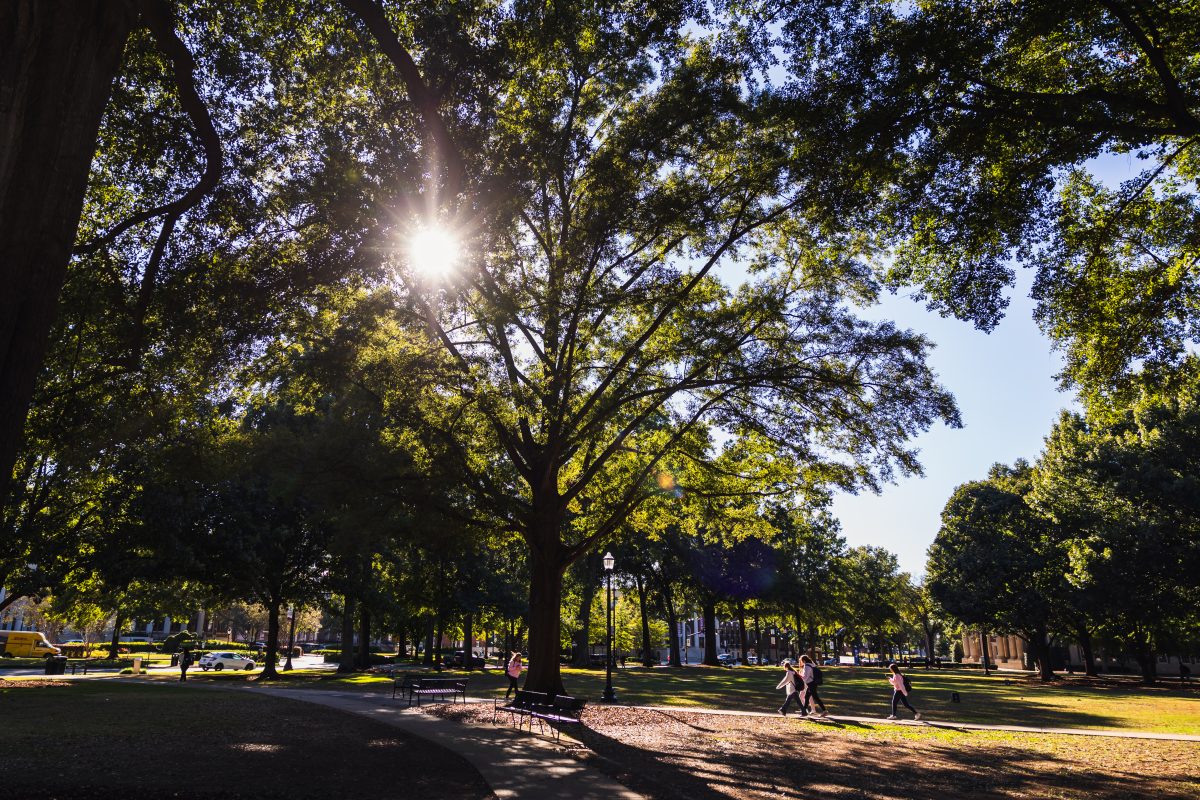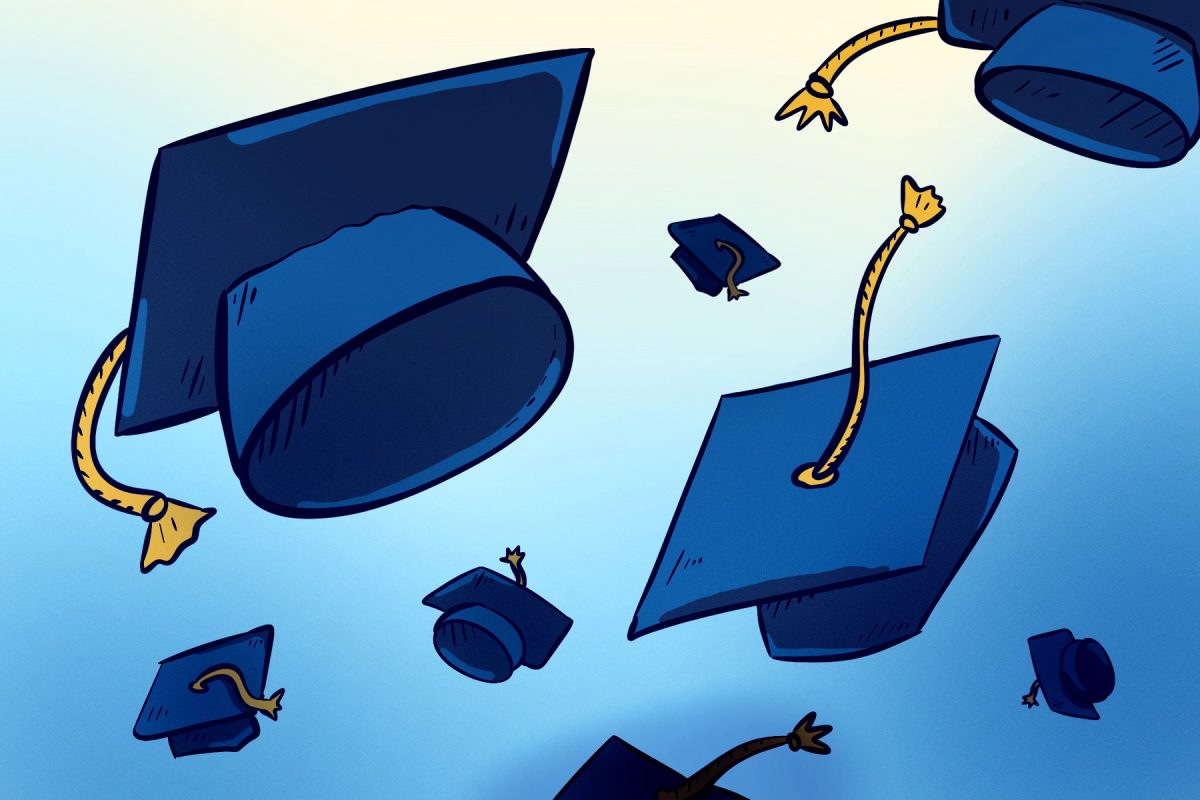As political campaigns around the nation move past the primary season toward the general election, education will certainly be a common issue, as always. The candidates will issue their talking points, stating that American education is failing (which it is). Some will then add that more money needs to be pumped into the system for more hi-tech gadgets that no one knows how to operate and consultants that attempt to state the obvious by teaching teachers how to teach.
I am always in favor of providing adequate funding for schools and instructors; I sincerely believe that additional funding is necessary. However, it should be channeled toward providing incentives for reading more books and gaining better comprehension of the material. After all, a student can’t succeed if he or she cannot read the textbook.
No, I’m not talking about merit pay for teachers; I’m talking about merit pay for students. This is not an entirely new concept. For years, the Knowledge is Power Program (KIPP) charter schools have given weekly paychecks in the form of virtual dollars based on students’ classroom performance and discipline, which can be redeemed for snacks and miscellaneous items at the school store.
In the underprivileged areas of Houston, where minorities comprise 98 percent of the school’s student body and 86 percent of students are eligible for the free or reduced lunch program, the results have been nothing short of miraculous. Eighty-five percent of the graduating class pursues a college education, and 94 percent of those are first generation attendees. Compare this with the traditional inner-city campus, which education scholar Robert C. Kohler calls the school-to-prison pipeline. I’ll take the results of the former, please.
KIPP isn’t the only evidence of the success of financial incentives. For nearly three years, Harvard economics professor Roland Fryer has been paying students in Dallas $2 per book read and comprehension test passed. The results have been very promising. Reading comprehension scores jumped for those that were paid, and this trend of success continued even after the payments ceased. The students developed a love for reading that transcended the financial payments.
In the interest of time, I will refrain from listing the further successes of incentivizing student performance. It is obvious that offering carrots instead of sticks works best. Still, naysayers will try to tell us that such programs are too expensive to carry out, or that it isn’t worth the investment.
Sadly, their arguments are deliberately misleading or misinformed, as simple “back of the envelope” calculations will show that the program only costs $10 billion a year to implement for all US students ages 7-13, including a buffer for administrative costs. As we all are aware, education is the only effective winch that can lift a person out of poverty. The average high school and college graduate makes $700,000 and $1.7 million more, respectively, than a high school dropout over his or her lifetime.
If the success rate of payment for performance was only 10 percent, the benefits to the quality of life and productivity for both that small group and our economy would be enormous. Since the US is already spending $400 billion on various welfare programs, the long-term savings are apparent and will serve as an additional weapon for the War on Poverty. Such a program could also be a tool for getting our economy out of the doldrums.
When our parents were in elementary school, they were not imbued with the instant gratification plague. They found that long-term benefits were worth the toil put forth in school. The model of yesteryear will not work in our time, where video games and the Internet offer rewards immediately compared to the investment of an education. Dividends are regularly paid to investors who stay loyal to a company’s stock. It’s time to apply that same “dividend” to those children that are likewise committed to success in their education.
Gregory Poole is a University alumnus.








